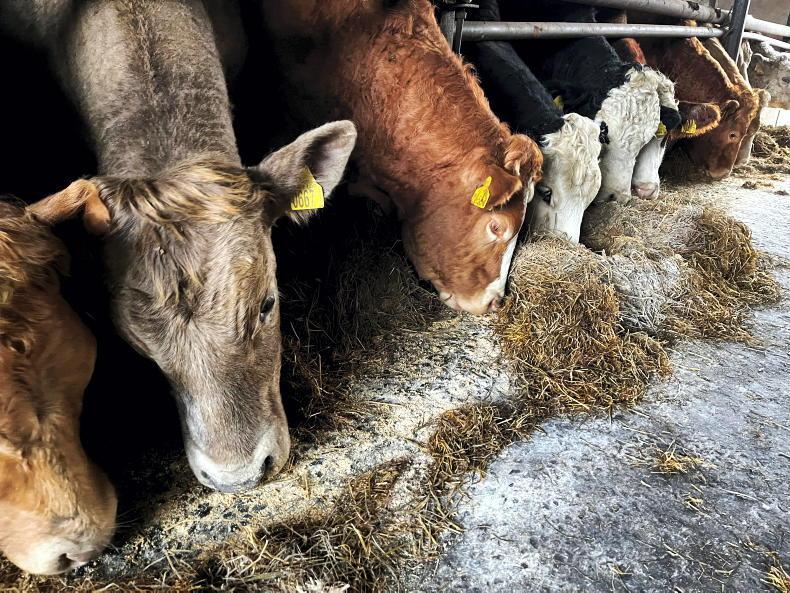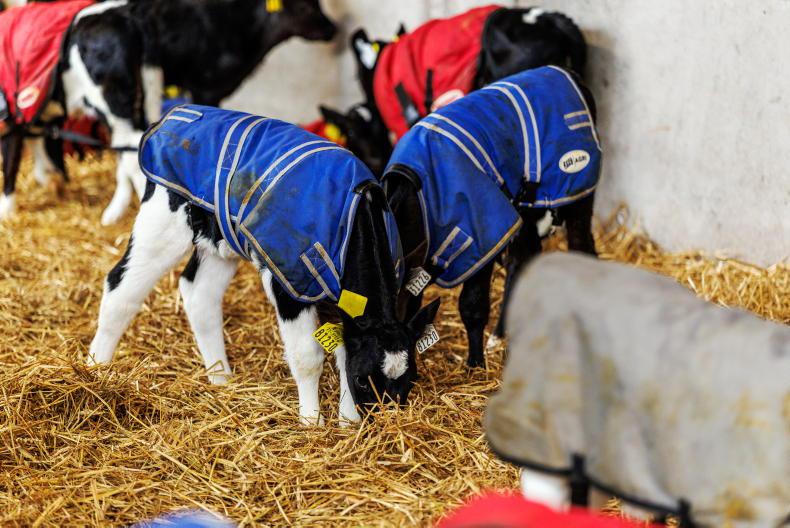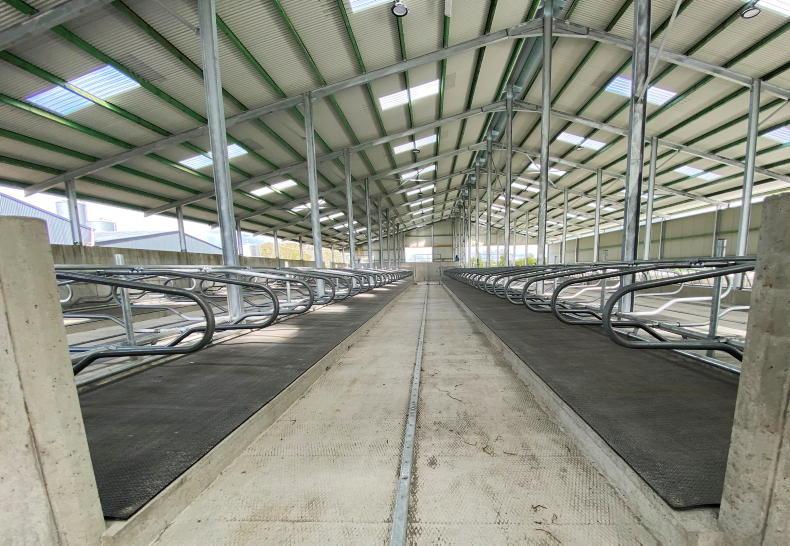The Department of Environment, Food and Rural Affairs (DEFRA) in England has declared a temporary control zone for foot-and-mouth disease in Norfolk after a suspected case was identified in pigs.
A 10km control zone has been put in place near Feltwell, Kings Lynn and west Norfolk.
The premises has been put under restriction pending the outcome of official tests. The last outbreak of the disease in Britain was in 2007.
The disease affects cattle, sheep and pigs. It does not affect humans.
Farmers in the area with susceptible animals are required to keep animals from straying from the premises and an inspector may detain any stray animals found in the zone.
Lameness is the main sign of the disease in pigs, however DEFRA also warned that the clinical signs are indistinguishable from swine vesicular disease.
“Therefore if you suspect swine vesicular disease you must report your suspicions and treat the condition as suspected foot-and-mouth disease until laboratory tests prove otherwise,” it said.
How it is spread
Foot-and-mouth disease is highly infectious and animals can catch the virus through direct contact with an infected animal.
The disease can also pass indirectly through equipment, vehicles, people, clothes, mud, bedding and any other item that has been in contact with infected animals.
Concern
IFA animal health chair TJ Maher said the suspected case of Foot and Mouth disease on a pig farm in Norfolk in England is a concern.
He said UK authorities are actively investigating the incident. As is normal, they have set up a temporary control zone around the farm.
“It’s critical the Minister for Agriculture Charlie McConalogue and his officials are in close contact with their counterparts in Northern Ireland should the case be confirmed. We must have an all-island approach to keeping the disease off the island,” he said.








SHARING OPTIONS